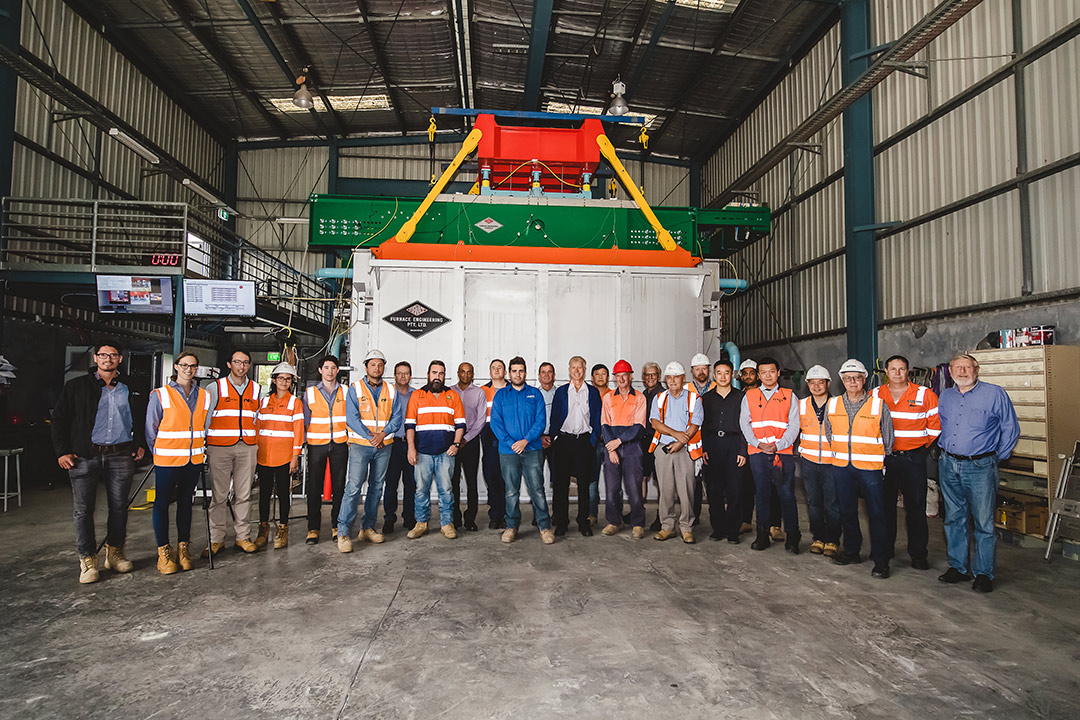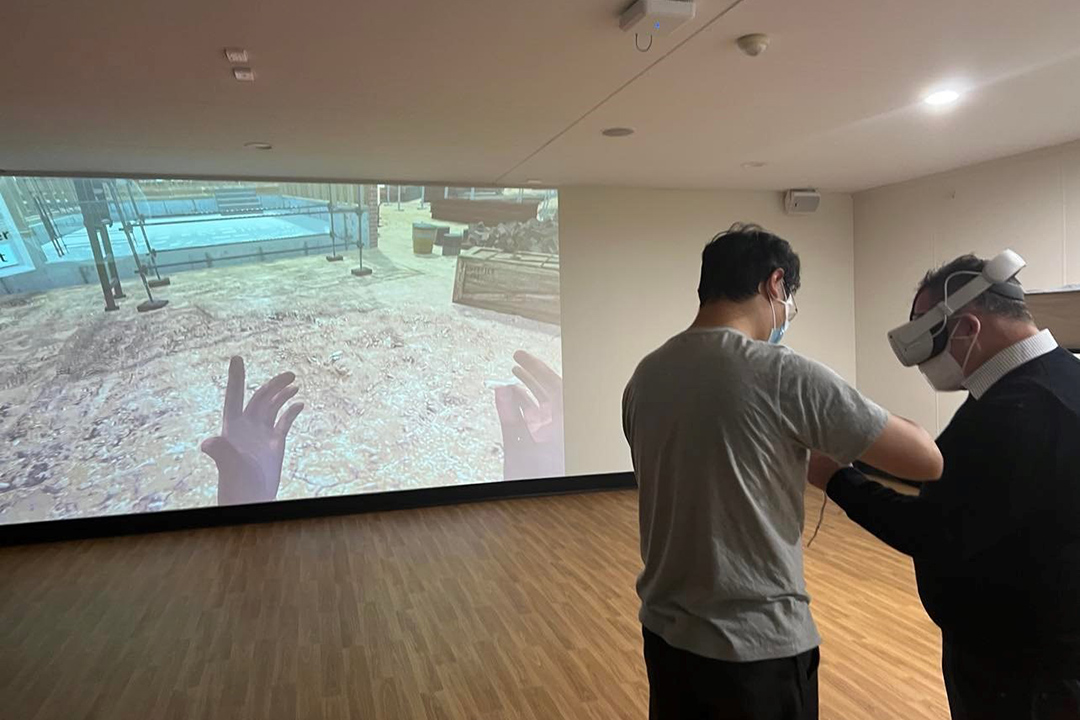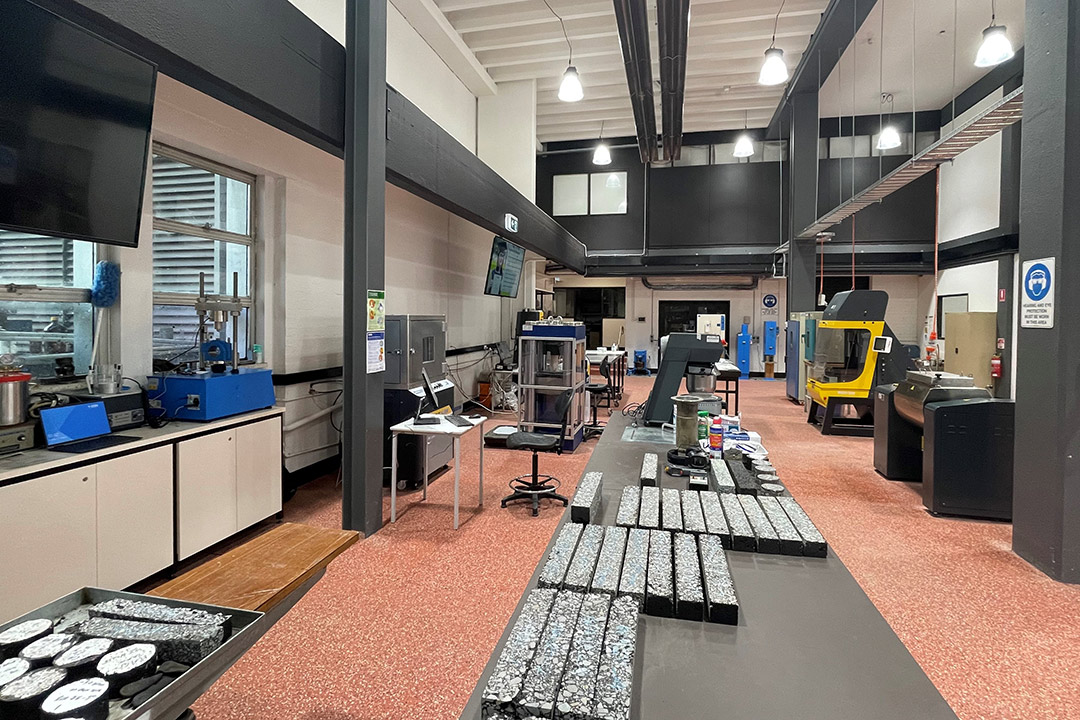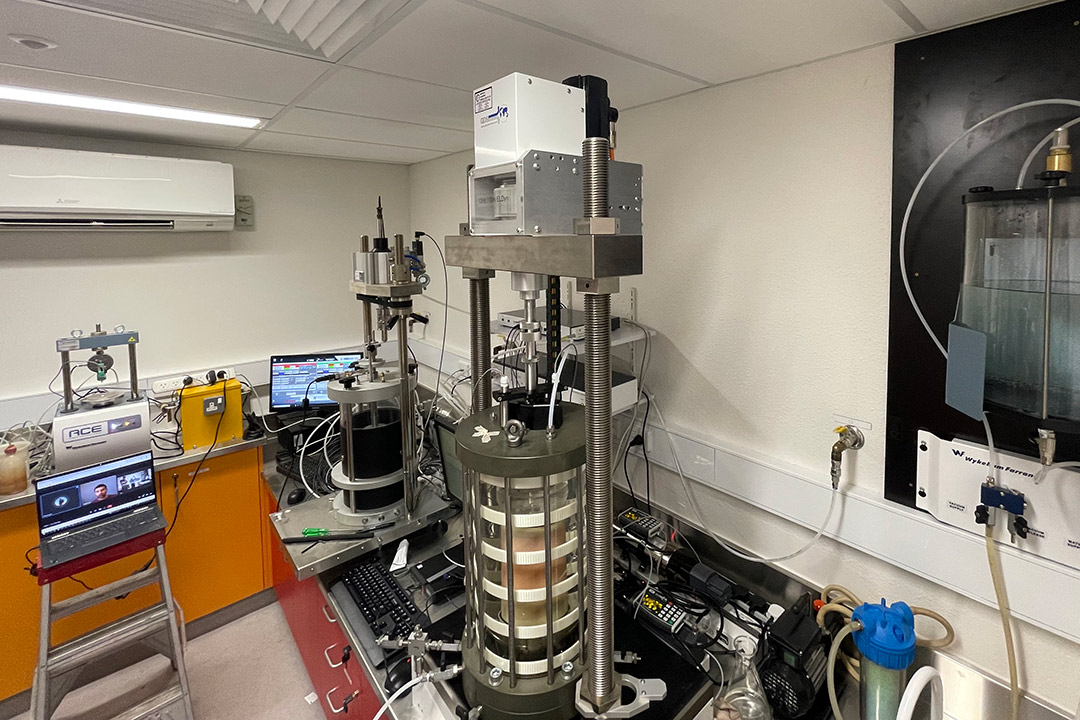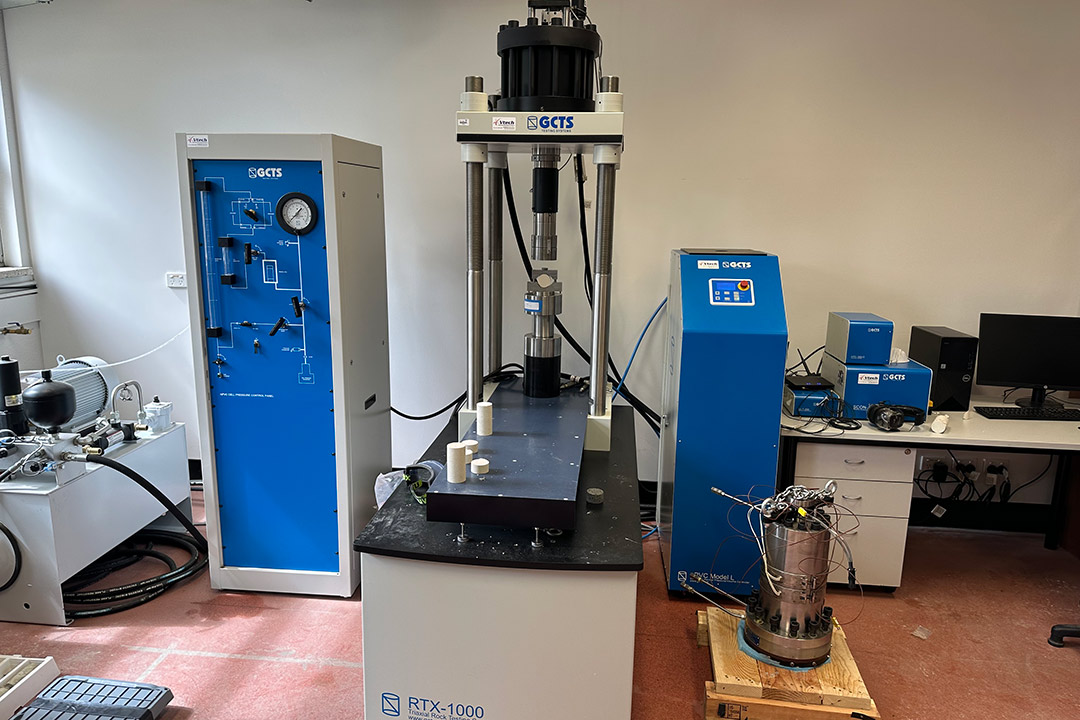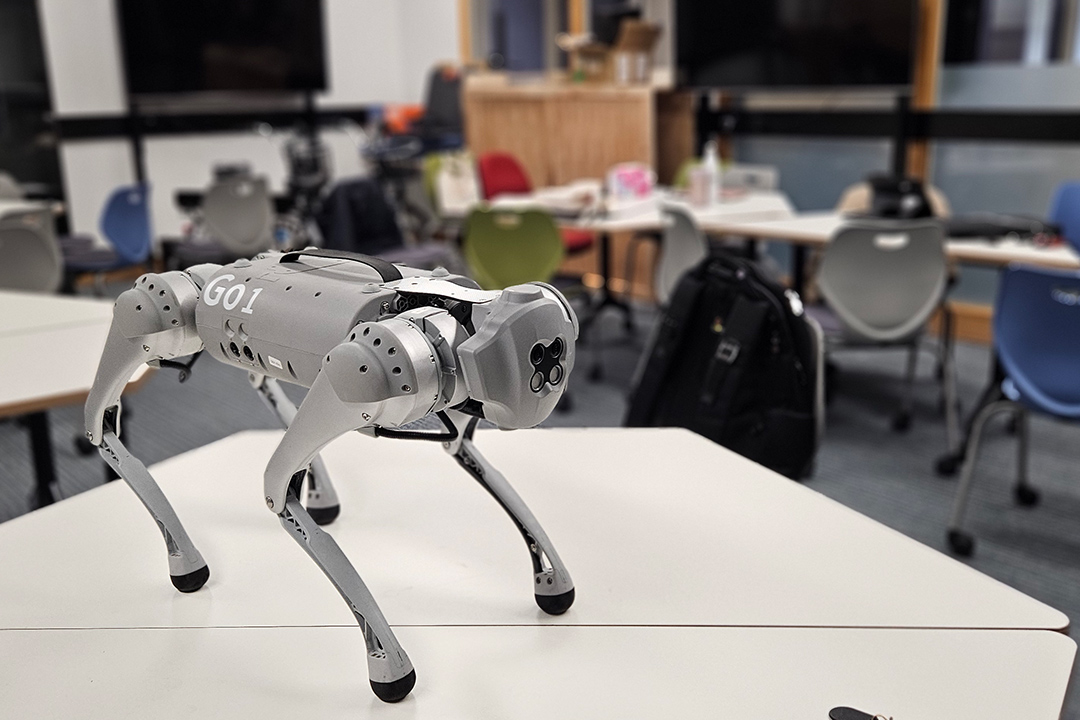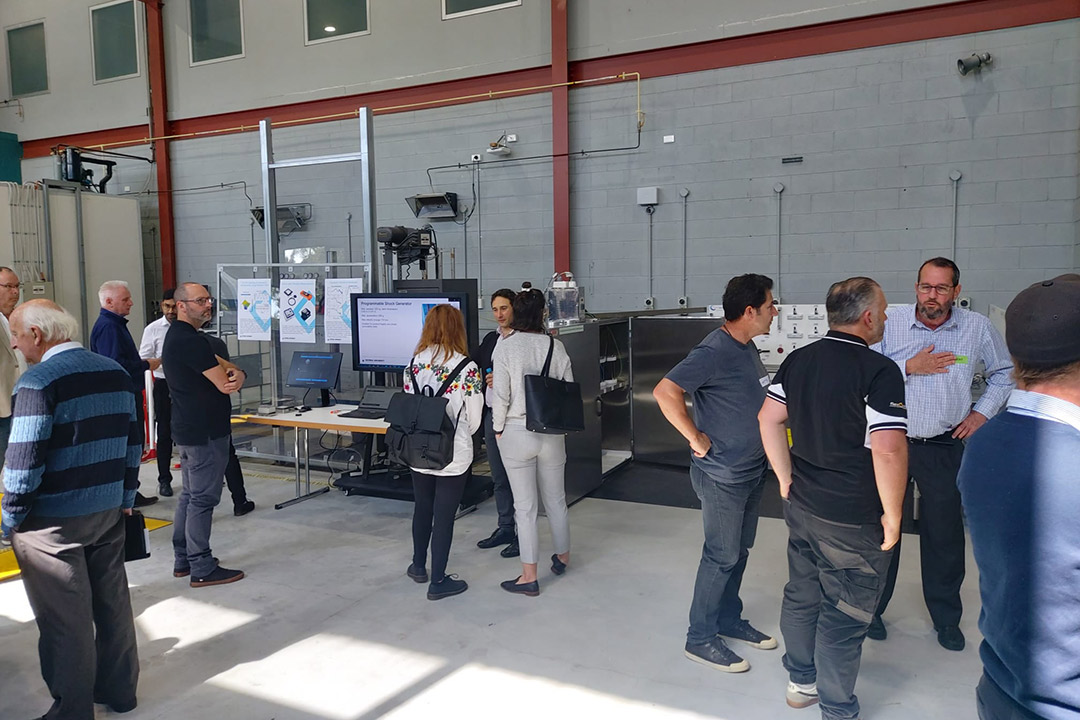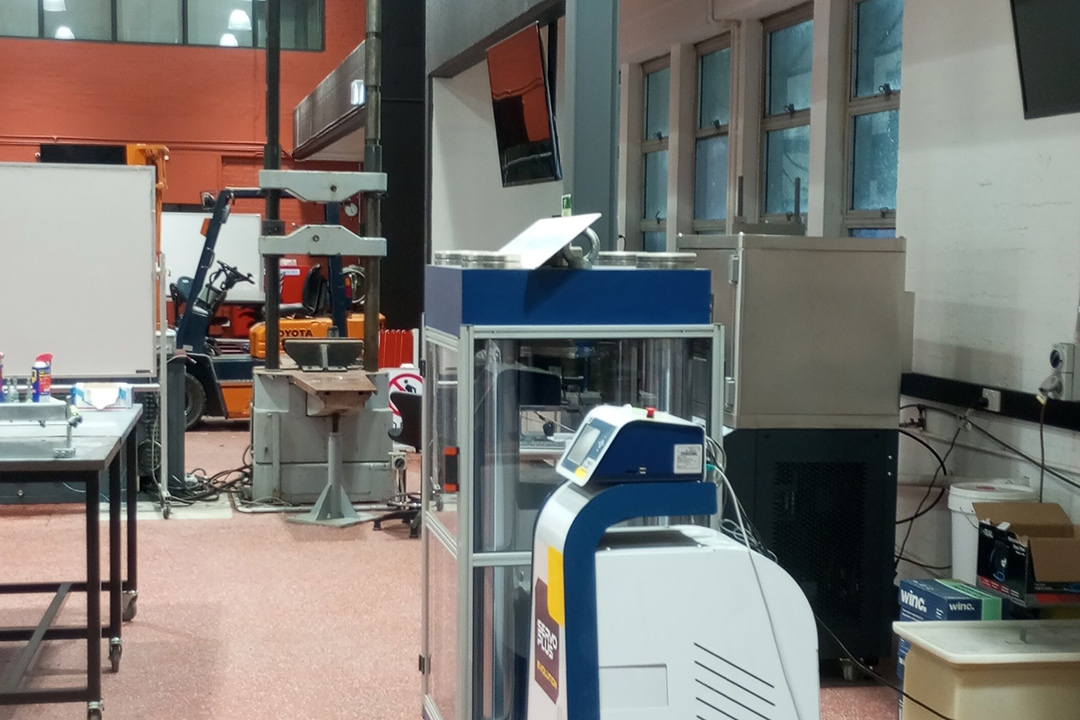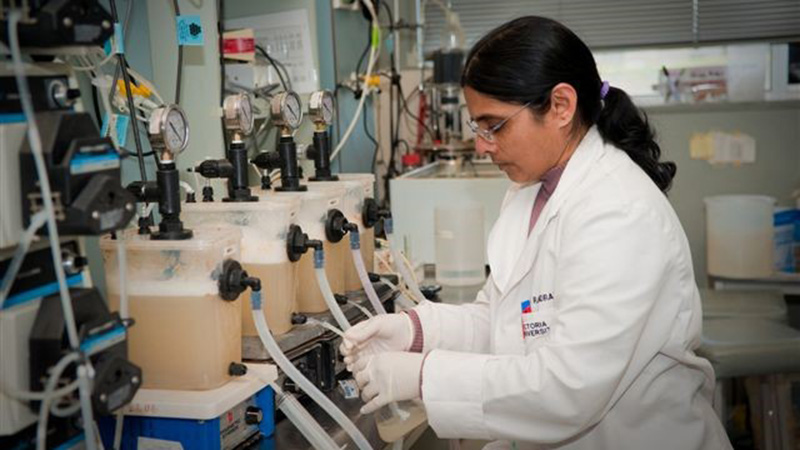About ISILC
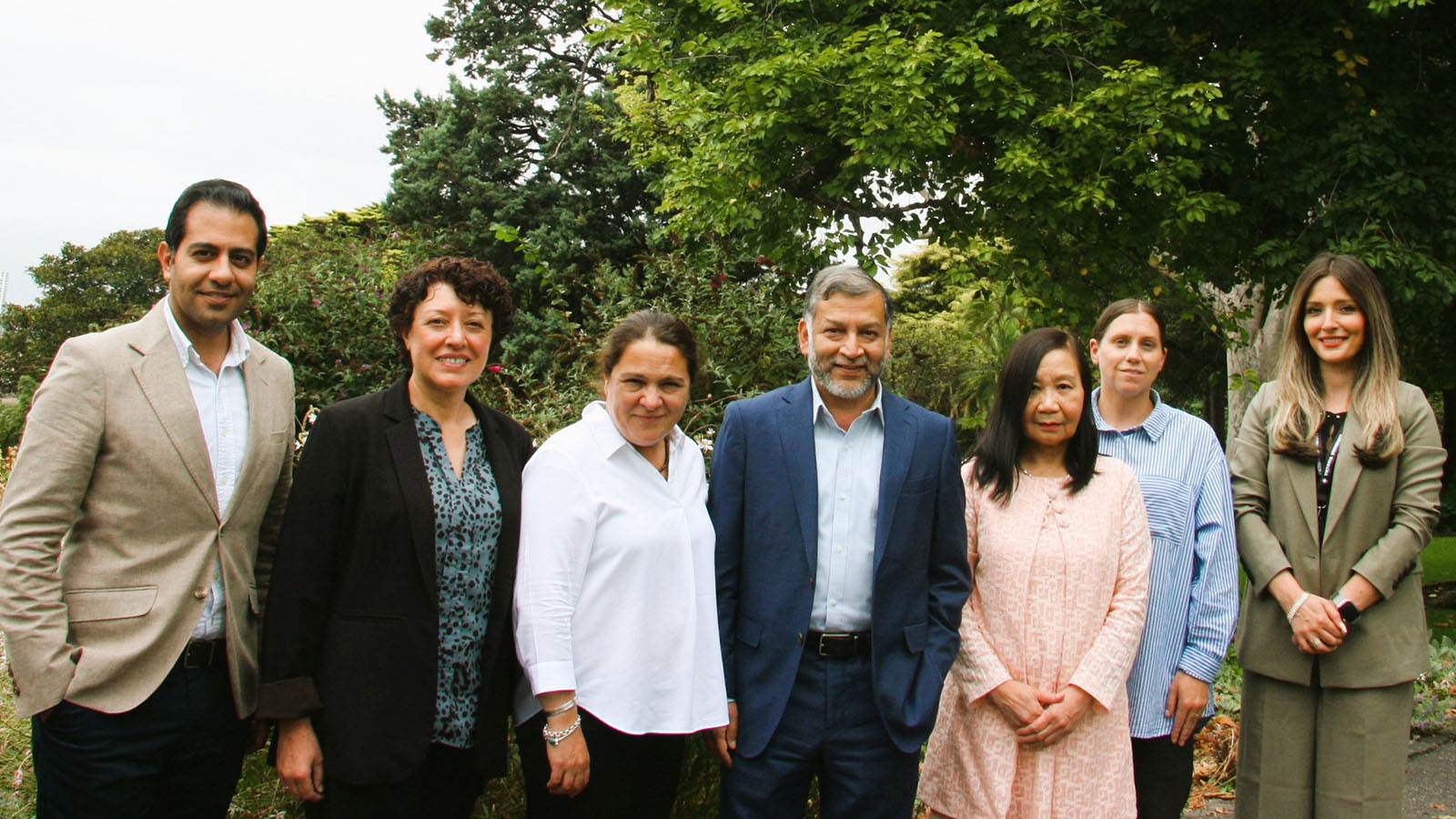
The Institute for Sustainable Industries and Liveable Cities (ISILC) is one of two flagship research institutes in Victoria University. It was created in 2018, from an amalgamation of our research capacity in engineering, science, the arts, education, business and law.
ISILC takes a transformative, future-focused 'whole-of-University' approach, undertaking research into issues of global significance in sustainable industries and liveable cities. Our research in Melbourne’s west is also up-scalable to address national and global issues.
What we do
Our mission is to “empower students and propel partners to develop resilient built environments, globally competitive industries and socially inclusive communities.”
Our research addresses the University’s areas of research focus, and particularly supporting industry growth and response to change. This includes building resilient, inclusive and creative communities, creating effective teaching and learning for diverse populations, enabling healthy and active populations, and enhancing the evidence base for public policy.
The Institute consists of three main disciplines, each containing multiple research groups:
Our people
- Executive Director: Professor Khalid Moinuddin
- Associate Director, Engagement and Impact: Associate Professor Elmira Jamei
- Associate Director, Research Training: Associate Professor Marcelle Cacciattolo
- Associate Director, Research: Associate Professor Ehsan Yaghoubi
- Emerging Trends in Science, IT, and Engineering: Associate Professor Khandakar Ahmed
- Transformative Research in Policy, Economy and Business: Associate Professor Catherine Lou
- New Frontiers in Advocacy, Justice, Education, and Practice:
- Senior Administrative Officer: Ms Jo Xuereb
- Administrative Officer: Meika Scholz
Our facilities
Our large-scale structural fire test furnace simulates worldwide tunnel fire conditions. It handles combined structural and fire loading utilizing full scale structural test frames and assemblies. Additionally, we offer laboratory-scale fire testing with equipment like the Cone Calorimeter.
ISILC Group: Structural mechanics & sustainable materials research
The COSI Lab is a simulated construction site that enables safe virtual access to the environment, eliminating the need for physical presence. It aims to advance the development of virtual reality (VR), augmented reality (AR), and artificial intelligence (AI) technologies specifically for the construction sector.
ISILC Group: Infrastructure and Built Environment
Discover our cutting-edge laboratory, featuring state-of-the-art testing equipment for asphalt performance and property index evaluations, from fatigue or permanent deformation performance and dynamic modulus tests to indirect tensile, TSR, and IDT. We also have equipment for short and long-term aging and testing of binders.
ISILC Group: Geotechnical, Rock mechanics and Pavement research group
Explore our advanced laboratory featuring state-of-the-art equipment for comprehensive testing of soils, aggregates, pavement materials, and waste/recycled aggregates. With capabilities for static and dynamic loadings using Static & Repeated Load Triaxial tester, Automatic oedometers, Unsaturated Cyclic Triaxial tester, and direct shear tester, we can simulate real-life conditions accurately.
ISILC Group: Geotechnical, Rock mechanics and Pavement research group (
At CREST, our expertise in rock mechanics and subsurface engineering combined to explore the hidden realms beneath our feet and innovate sustainable solutions for resource extraction, underground construction, and environmental preservation. The CREST laboratory features a high-pressure, high-temperature triaxial rig, ultrasonic velocity measurement system, SEM, thin section analysis facilities, etc.
ISILC Group: Geotechnical, Rock mechanics and Pavement research group
Our lab is for students and staff to conduct research and development projects with intelligent technologies. The Lab is equipped with facilities to support advanced development, including smart lights that can be accessed and controlled individually via IP address, DJI drones, Unitree robot dogs, high-performance computers (running local large language models - Llama 2, LLaVA, Gemma), TurtleBot3 Burger/Waffle, eBikes with a battery swap management system, etc. These pieces of equipment have either APIs for further programming or source code for full access.
ISILC Group: Next-Gen Informatics & Technology Lab (NITL)
The Teachers’ Rights and AI Network is a pioneering research facility and collaborative network focused on exploring the intersection of artificial intelligence (AI) and educational rights. Its key features include multidisciplinary research teams investigating the ethical use of AI in educational systems, the evaluation of AI tools to support teachers, and the analysis of policies and procedures to protect teachers' rights in the digital age. The facility conducts studies on AI's impact on educational equity, data privacy, and the future of teaching, aiming to ensure that AI technologies benefit educators and students alike while safeguarding against potential abuses and biases.
ISILC Group: Education for Diversity Group
Integrating technology has opened new doors, but it's crucial to engage in transparent, thorough, and research-driven debates on its design and fair use in education. The Educational Greenhouse concentrates on exploring practices, methodologies, and studies concerning digital technologies that are pivotal in forging the educational landscape of the future.
ISILC Group: Education for Diversity Group
The fermentation laboratory had the ability to undertake fermentation projects, both aerobically and anaerobically. The scale ranges from ~100 mls shake flasks/bottles to a pair of 5L state of the art Biostat B bioreactors to two 20 L glass jacketed reactors for larger scale fermentations.
ISILC Group: Water & Wastewater Treatment Research
This lab aims to provide biomechanical solutions for replicating aerosol transport and deposition within the respiratory systems of humans and laboratory animals. Our research holds significant clinical relevance for diagnosing respiratory diseases and precisely delivering aerosol medications to targeted regions within the airway.
Contact: Dr Jingliang Dong ( [email protected] )
Our mechanics laboratory hosts several vibration and shock test systems which allow for the evaluation of mechanical systems, particularly protective packaging. The laboratory also includes a climatic chamber and a range of data recording systems capable of measuring translational acceleration as well as angular position and rate of transport vehicles.
ISILC Group: Sustainable Packaging Research Group
Our sustainable packaging laboratory houses large scale vibration, shock and compression testing equipment including an in ground vibration table for full pallet size specimens. The laboratory also hosts a large cool room and specialist equipment for the analysis of materials including bio-based/biodegradable polymers and antimicrobial and antioxidant food packaging.
ISILC Group: Sustainable Packaging Research Group
Our structures laboratory is equipped with universal testing machines for innovative research and teaching purposes. Our computing laboratory is equipped with the latest engineering software, including the finite element analysis software. Our facilities support experimental and computational research on materials, structural members, and structures.
We have expertise and facilities for innovative water management and treatment research, having a strong application focus for maximising immediate value to industry and communities. Applications include circular economy, green infrastructure, integrated urban water management, water sensitive urban design as well as social and behavioural values. Facilities include bench and pilot scale equipment and analytical laboratories.
ISILC Group:
- Water management - Water Supply, Demand & Security Research
- Water treatment - Water & Wastewater Treatment Research
